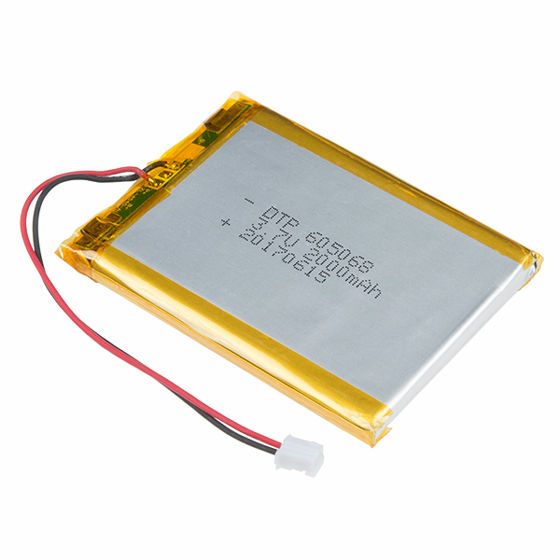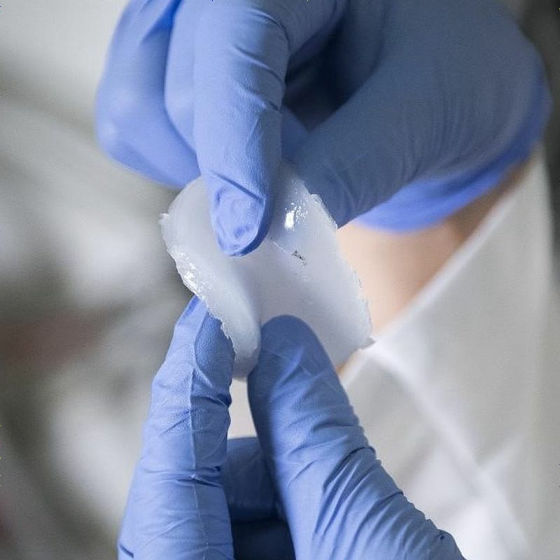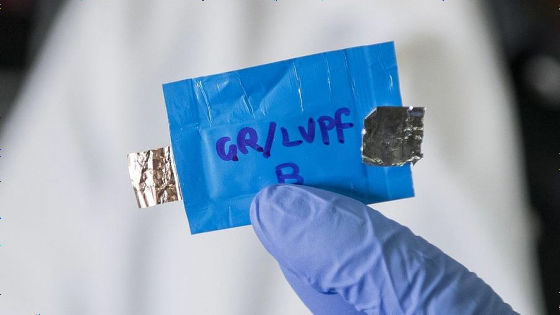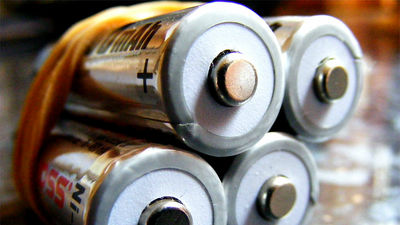Succeeded in developing an aqueous lithium ion battery that achieves both high voltage of 4.0 V and safety that does not explode

Because of the high energy density, "Li-ion battery" adopted in notebook PCs, smart phones and electric vehicles, the accident of ignition and explosion continues because organic electrolyte is used. American researchers have succeeded in developing an aqueous lithium ion battery that achieves high safety without detonating while maintaining high voltage.
4.0 V Aqueous Li-Ion Batteries: Joule
http://www.cell.com/joule/fulltext/S2542-4351(17)30034-X
Water-based lithium-ion batteries without explosive risks now a reality
https://phys.org/news/2017-09-water-based-lithium-ion-batteries-explosive-reality.html
'No fire risk' with new lithium batteries - BBC News
http://www.bbc.com/news/science-environment-41187824
Since lithium ion batteries already in practical use use electrolytic solutions of organic solvents, accidents of ignition and explosion occur due to ignition of solvent by heat or deformation. Therefore, from the viewpoint of safety, it is advantageous to use an aqueous electrolyte such as a nickel-hydrogen rechargeable battery, and an aqueous lithium ion battery has also been developed, but there was a disadvantage that a high voltage could not be obtained. In other words, there is a trade-off between performance and safety.

BySparkFun Electronics
The collaborative research group of the University of Maryland and the US Army Research Institute will use a water-based lithium ion battery using aqueous electrolyte in 2015 to produce a high voltage of 3.0 voltssuccessHowever, the anode made of graphite or lithium metal corroded by the aqueous electrolytic solution caused a phenomenon called "cathodic challenge", and it was in a state where it could not be put to practical use.
However, the research group covers the anode with a gel polymer of a hydrophobic electrolyte to drive out water molecules from the electrode surface, and also creates an interphase called "interphase" that decomposes during charging to separate the solid electrolyte from the anode We developed a coating that can be used. This gel coating not only prevents the occurrence of cathode challenge but also succeeded in obtaining a very high voltage of 4.0 volts by making an appropriate intermediate phase. It has both safety due to aqueous lithium ion and high power that is inferior to general lithium ion batteries using organic electrolyte.

The gel polymer coated aqueous lithium ion battery produced by the research group is that the anode of graphite reacts slowly and it can avoid ignition and explosion even by damage due to bending or the like.
According to Mr. Kang Shu of the US Army Research Institute, the charge / discharge cycle of the aqueous lithium ion battery is about 50 to 100 times, and we plan to continue to improve it aiming at 500 times or more the same as the organic electrolyte lithium ion, enough He says he will be able to commercialize it in five years if he can obtain financial assistance.

Related Posts:







